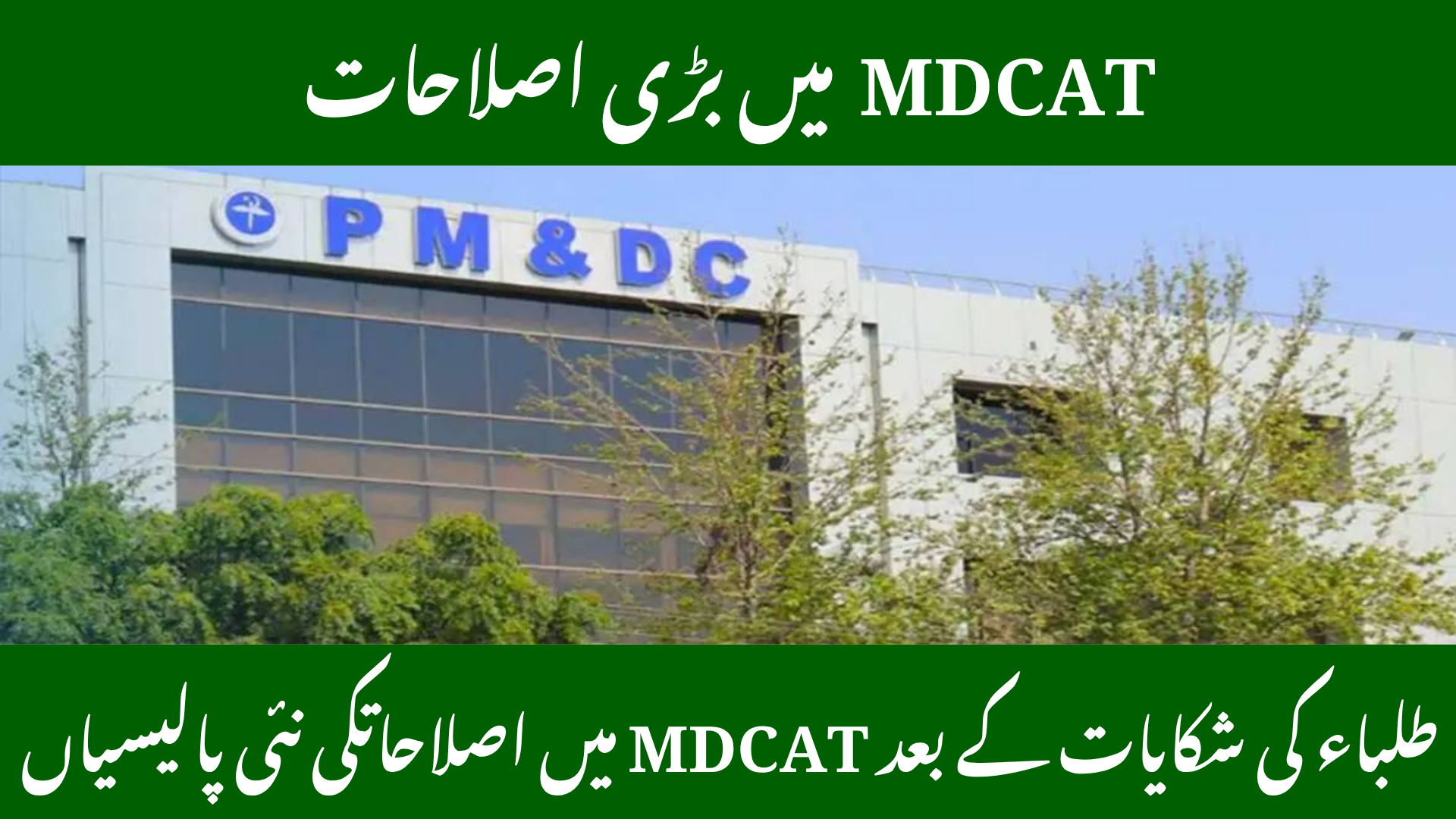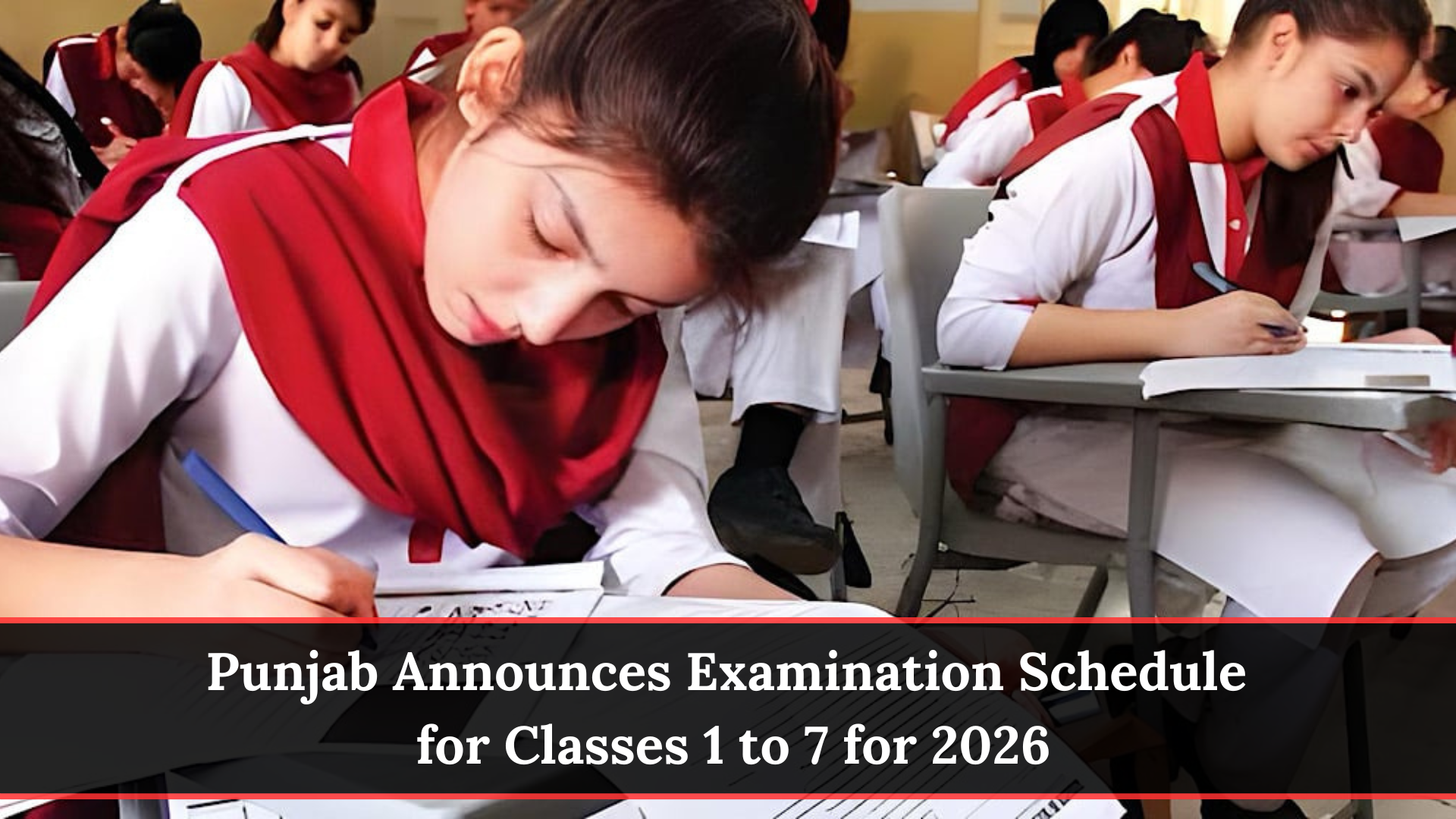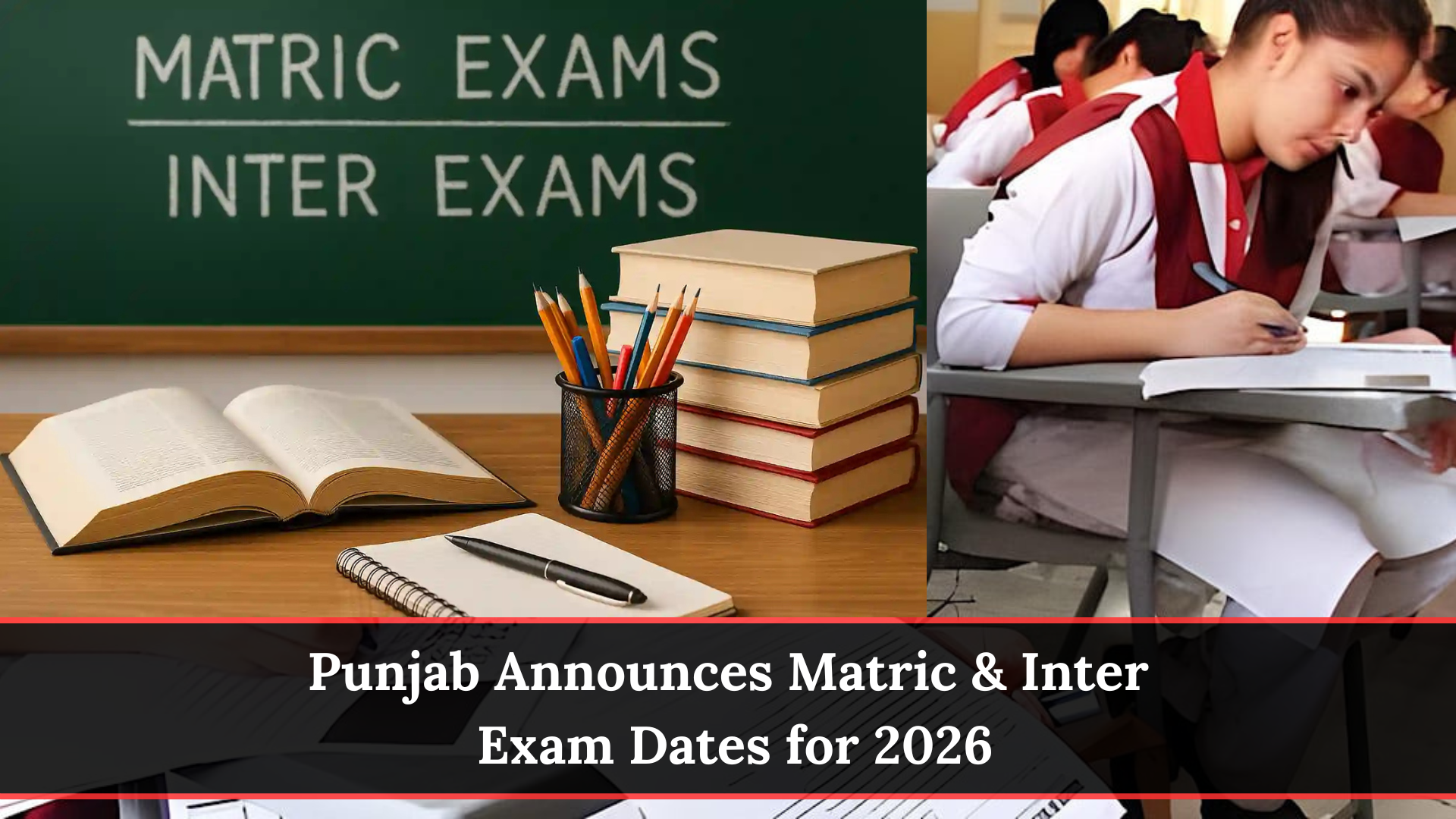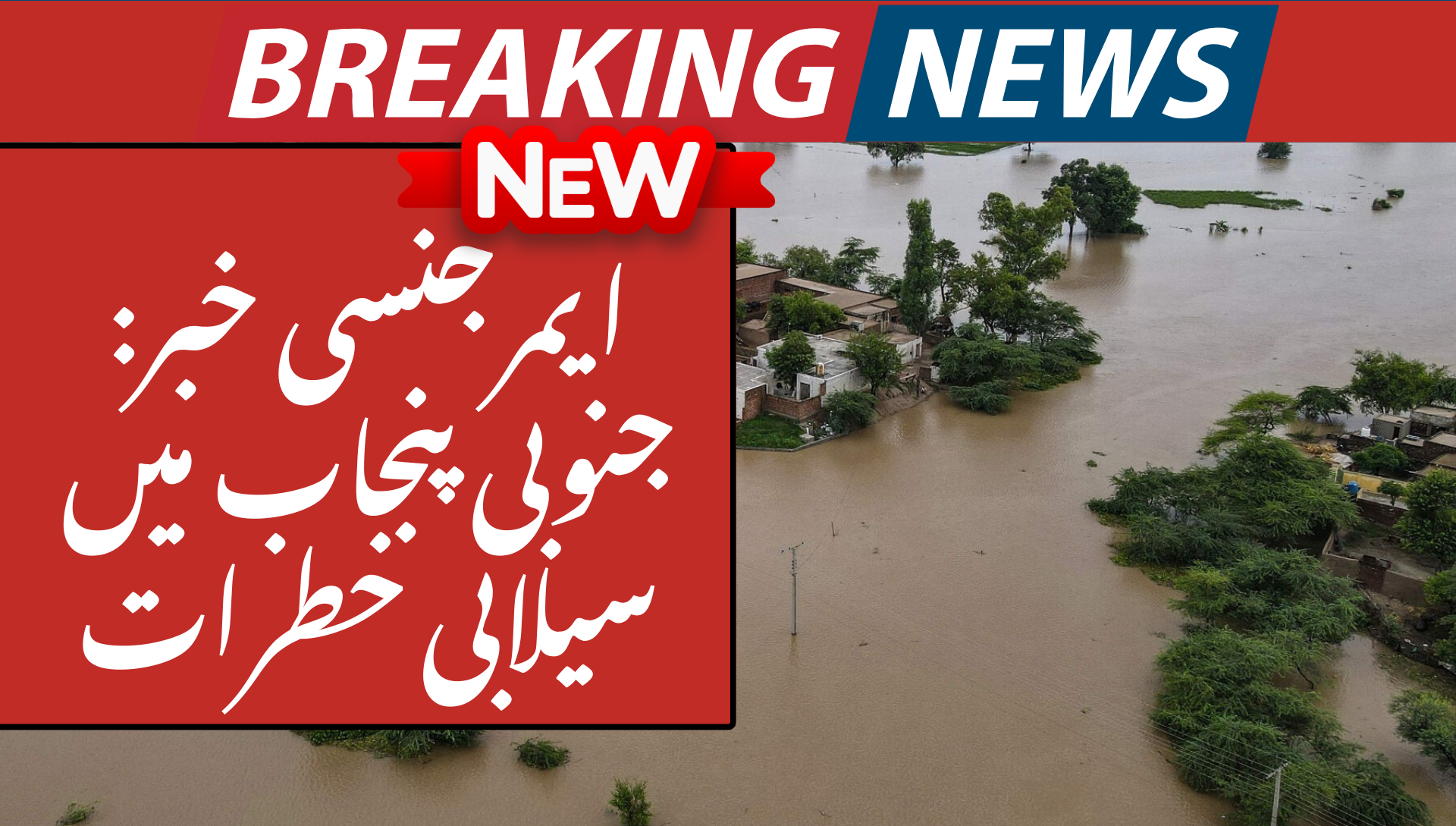PMDC Announces Major MDCAT 2025 Reforms After Student Complaints. After weeks of student protests and widespread frustration, the Pakistan Medical and Dental Council (PMDC) has finally responded to the MDCAT 2025 controversy. The council has confirmed that it is preparing a new, reformed testing framework to fix technical errors, unfair marking, and paper leaks that caused chaos during this year’s exam.
According to 24 News HD, the new MDCAT reform model will be finalized within one to two weeks and is being described as a major modernization initiative for Pakistan’s medical education system.
Reforms Committee to Meet This Month
Once the updated framework is ready, the PMDC Reforms Committee will meet in November 2025 to finalize and approve the new structure.
Officials say the aim is to make the MDCAT transparent, technology-driven, and error-free so students can trust the results again.
“Our priority is to build a fair and modern testing system aligned with global standards,” a senior PMDC official stated.
The reforms will address multiple long-standing concerns — from question-bank management to result verification — ensuring that students are evaluated purely on merit.
New MDCAT Model to Match Global Standards
PMDC’s new approach will introduce technology-based testing and digital monitoring tools, reducing the human errors that have affected previous tests.
Key areas of focus include:
- Computerized question banks to prevent paper leaks.
- AI-based monitoring for real-time supervision of test centers.
- Transparent result verification, minimizing disputes.
- Modern digital testing platforms, similar to SAT or MCAT systems.
This shift from semi-manual exams to smart digital assessments reflects a growing trend worldwide in professional entrance testing.
Students Welcome the Decision
The reform announcement has brought visible relief among thousands of MDCAT aspirants who had complained of unfair treatment during the 2025 exam.
Many took to social media to appreciate PMDC’s responsiveness.
“At least someone heard us. If PMDC fixes the system this time, students won’t have to suffer because of others’ mistakes,”
— A Lahore-based candidate posted on X (formerly Twitter).
For many students, this move signals a long-overdue shift toward accountability, transparency, and equal opportunity across all provinces.
Background: Why the Reform Was Needed
The MDCAT (Medical and Dental College Admission Test) is Pakistan’s central entrance exam for MBBS and BDS admissions, held annually under PMDC supervision.
However, the 2025 session faced unprecedented criticism due to:
- Technical glitches in online test centers.
- Inaccurate answer keys and marking errors.
- Reports of paper leaks and inconsistent grading.
Education experts say such irregularities have damaged student confidence and highlighted the urgent need for a standardized, technology-supported testing model.
Expected Reforms in the New System
| Area of Reform | Proposed Changes |
|---|---|
| Test Design | Introduction of computer-based testing to reduce manual errors. |
| Question Bank | Digitally secured and randomized question sets. |
| Monitoring System | Live video and AI-based invigilation. |
| Marking & Verification | Automated result compilation with multiple checks. |
| Transparency Measures | Public access to policies and clear rechecking process. |
| Provincial Coordination | Unified guidelines for all regions to ensure equality. |
These steps aim to rebuild credibility in Pakistan’s medical entrance system while aligning it with international education assessment standards.
PMDC Modernization Vision
PMDC officials have repeatedly emphasized that the goal is not only to fix current problems but to modernize the entire exam system.
The new framework will integrate digital training sessions for exam staff and possibly include pilot testing before full-scale implementation in 2026.
Officials are confident that this approach will:
- Reduce human errors.
- Enhance fairness and accuracy.
- Increase the overall reliability of MDCAT results.
Student Demands and PMDC’s Response
Students have long demanded:
- Centralized transparency in result checking.
- Timely release of answer keys and merit lists.
- Equal treatment for candidates from all provinces.
- Accountability for mismanagement and system failures.
By forming a Reforms Committee, PMDC has finally shown that it is listening to student concerns and acting on them constructively.
Expert Opinion
Education analysts believe this development could be a turning point for Pakistan’s medical education system.
Dr Saima Khan, an education consultant, explained:
“If these reforms are properly implemented, Pakistan can finally have a testing system students can trust. It will improve merit-based selection and international recognition for our graduates.”
Such credibility is critical for restoring faith in both local medical colleges and global institutions that assess Pakistani qualifications.
What Happens Next
According to PMDC sources, the final framework will be completed by mid-November 2025. After approval, the council plans to release official guidelines for both students and institutions.
The next steps include:
- Public release of the new MDCAT structure.
- Pilot testing of the updated system.
- Training workshops for invigilators and examiners.
This timeline ensures that the next MDCAT cycle benefits from the new reforms and provides every student with a fair chance at success.
Key Highlights
| Point | Details |
|---|---|
| Decision By | Pakistan Medical and Dental Council (PMDC) |
| Purpose | Modernize MDCAT and address student complaints |
| Timeline | New framework within 1–2 weeks |
| Committee Review | Scheduled for November 2025 |
| Expected Reforms | Tech-based testing, transparent marking, global standards |
| Impact | Fair, error-free, and trustworthy medical admissions |
Conclusion
After months of growing pressure, the Pakistan Medical and Dental Council has finally acted on student grievances. The planned MDCAT reforms promise to transform Pakistan’s medical entrance exam into a fair, transparent, and internationally aligned system.
If implemented successfully, these changes will not only end recurring controversies but also restore merit and trust in the medical education process — a milestone that thousands of aspiring doctors have long awaited.


















